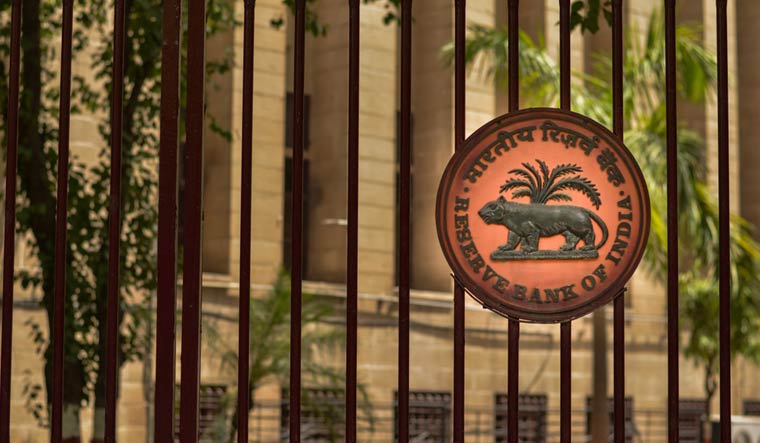The Reserve Bank of India on Thursday allowed banks a one-time window to restructure stressed loans without classifying them as non-performing assets. The move comes as the RBI feels the stress induced by the COVID-19 pandemic cuold impact the viability of many companies that may have otherwise had a good track record.
Importantly, this has also been extended to retail borrowers of personal loans as many of them have faced challenges in debt servicing due to salary cuts and job losses.
“The economic fallout on account of the COVID-19 pandemic has led to significant financial stress for a number of borrowers across the board. The resultant stress can potentially impact the long-term viability of a large number of firms, otherwise having a good track record under the existing promoters, due to their debt burden becoming disproportionate, relative to their cash flow generation abilities,” the central bank said.
It said that such widespread impact could impair the entire recovery process, posing significant financial stability risks.
“It has been decided to provide a window under the prudential framework to enable the lenders to implement a resolution plan in respect of eligible corporate exposures without change in ownership, and personal loans, while classifying such exposures as standard subject to specified conditions,” RBI said.
This one-time resolution window will only be available to COVID-19-related stressed assets, it added.
Under the conditions, only those borrowers, which are not in default for more than 30 days with any lender as on March 1, 2020, would be eligible for the one-time restructuring.
The lenders will have to keep additional provisions of 10 per cent on the post-resolution debt. The resolution plan will have to be invoked anytime till December 31, 2020 and shall have to be implemented within 180 days from the date of invocation.
“In the light of past experience with regard to use of regulatory forbearance, necessary safeguards have been incorporated, including prudent entry norms, clearly defined boundary conditions, specific binding covenants, independent validation and strict post-implementation performance monitoring. The underlying theme of this resolution window is preservation of the soundness of the Indian banking sector,” said RBI Governor Shaktikanta Das.
The RBI will constitute an expert committee under the chairmanship of K.V. Kamath and this committee will make recommendations to the RBI on the required financial parameters, along with the sector-specific benchmark ranges for such parameters, to be factored into each resolution plans. Kamath was the former chairman of BRICS New Development Bank and ICICI Bank.
The central bank said it will issue final notification in this regard after considering the recommendations.
Lenders welcomed the move to allow the one-time window for stressed assets restructuring.
“The resolution framework should help reduce the strain on the balance sheets of corporates operating in affected sectors in a meaningful way,” said Zarin Daruwala, CEO, India, Standard Chartered Bank.
"Measures like these will help soften the impact of COVID-19 pandemic on both banks as well as borrowers on the twin dimensions of controlling rise in NPAs and supporting credit flow," said Krishnan Sitaraman, senior director, CRISIL Ratings.
“The proposed restructuring of individual and corporate loans will provide relief to these borrowers as the cash flows of some of the borrowers in these segments have been severely impacted,” said Anil Gupta, sector head-financial sector ratings at credit ratings agency ICRA.
The move will also provide near-term relief to banks as their reported NPAs and capital requirement will decline, he added.
The Retailers Association of India (RAI) also welcomed the move, pointing out that banks had made large investments in retail, which could turn to non-performing assets given the disruptions suffered by the sector.
"Permitting loan restructuring will support the retail industry that has witnessed significant disruption over the past few months. The current retail sales have been around 40 per cent of last year," RAI CEO Kumar Rajagopalan said in a statement.
He added that he hoped the new committee headed by K.V. Kamath would extend a helpful scheme for loan restructuring to the retail industry.



